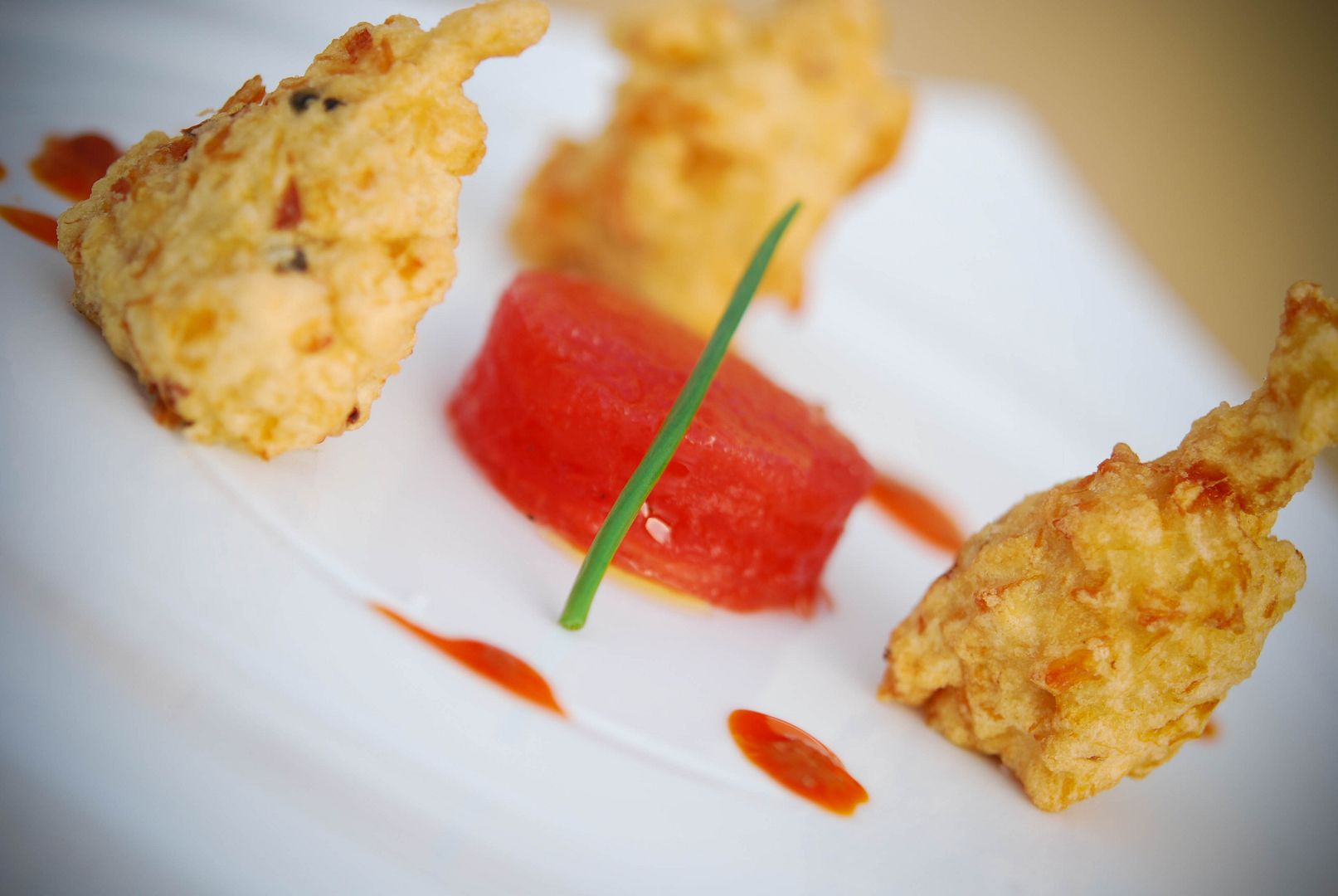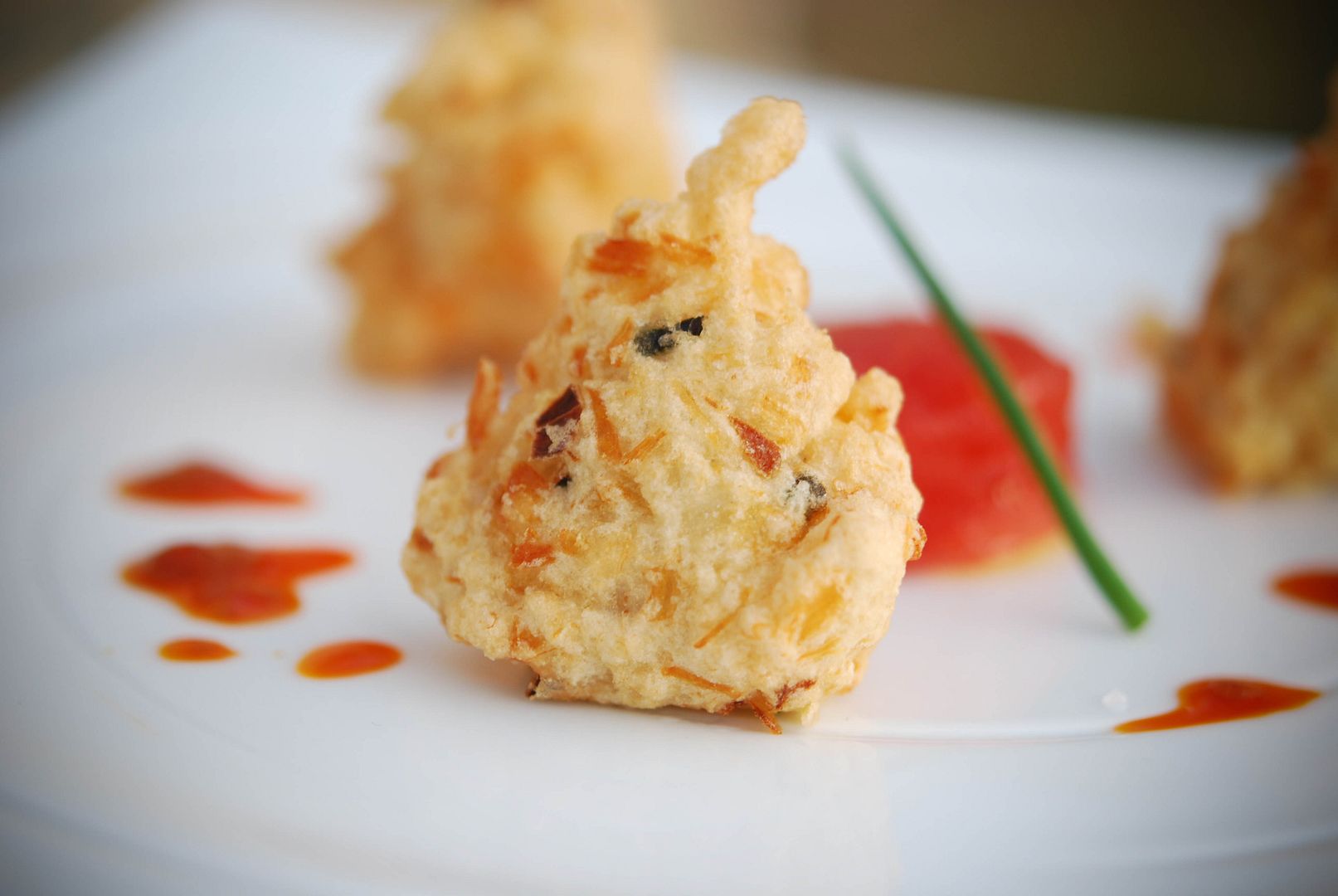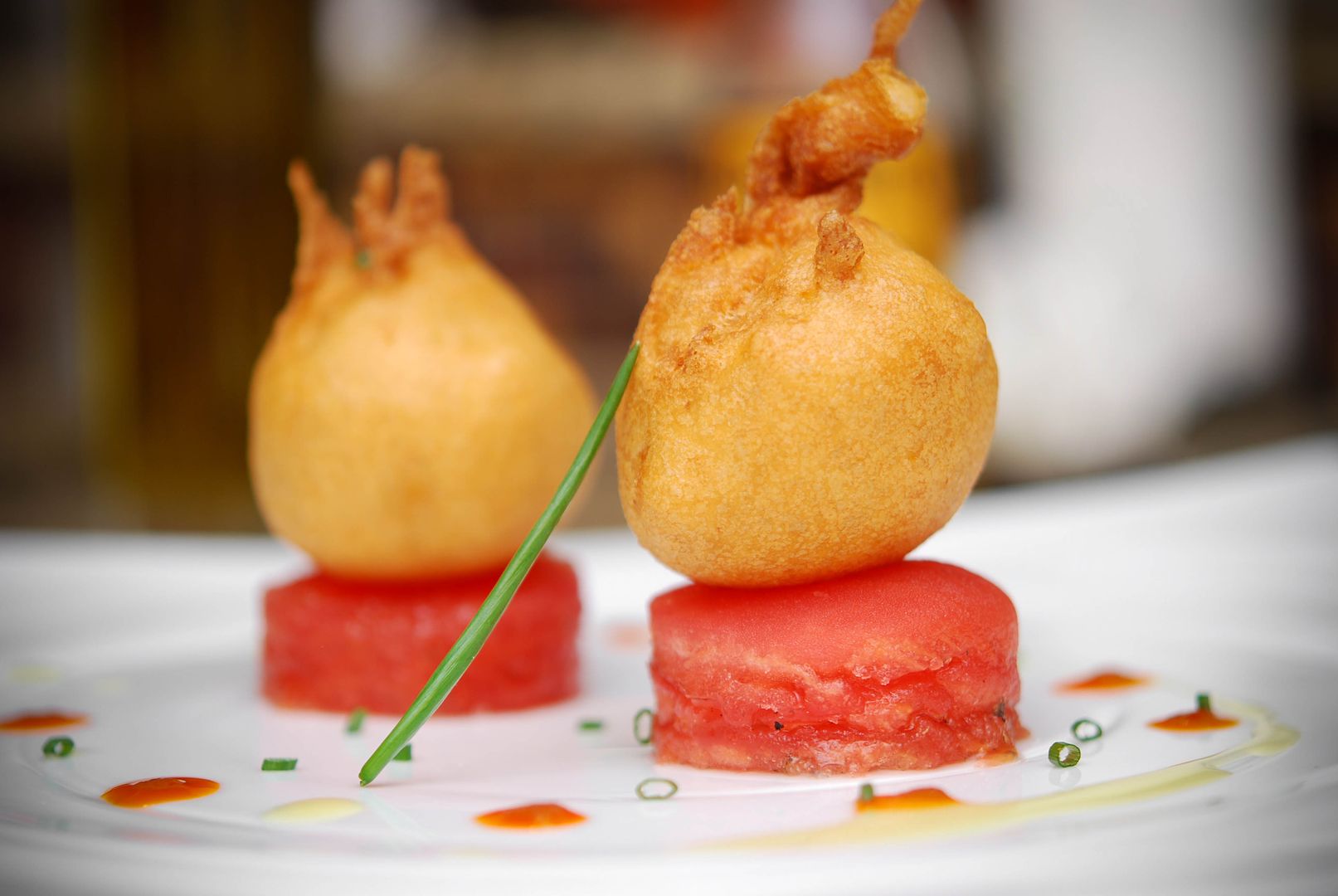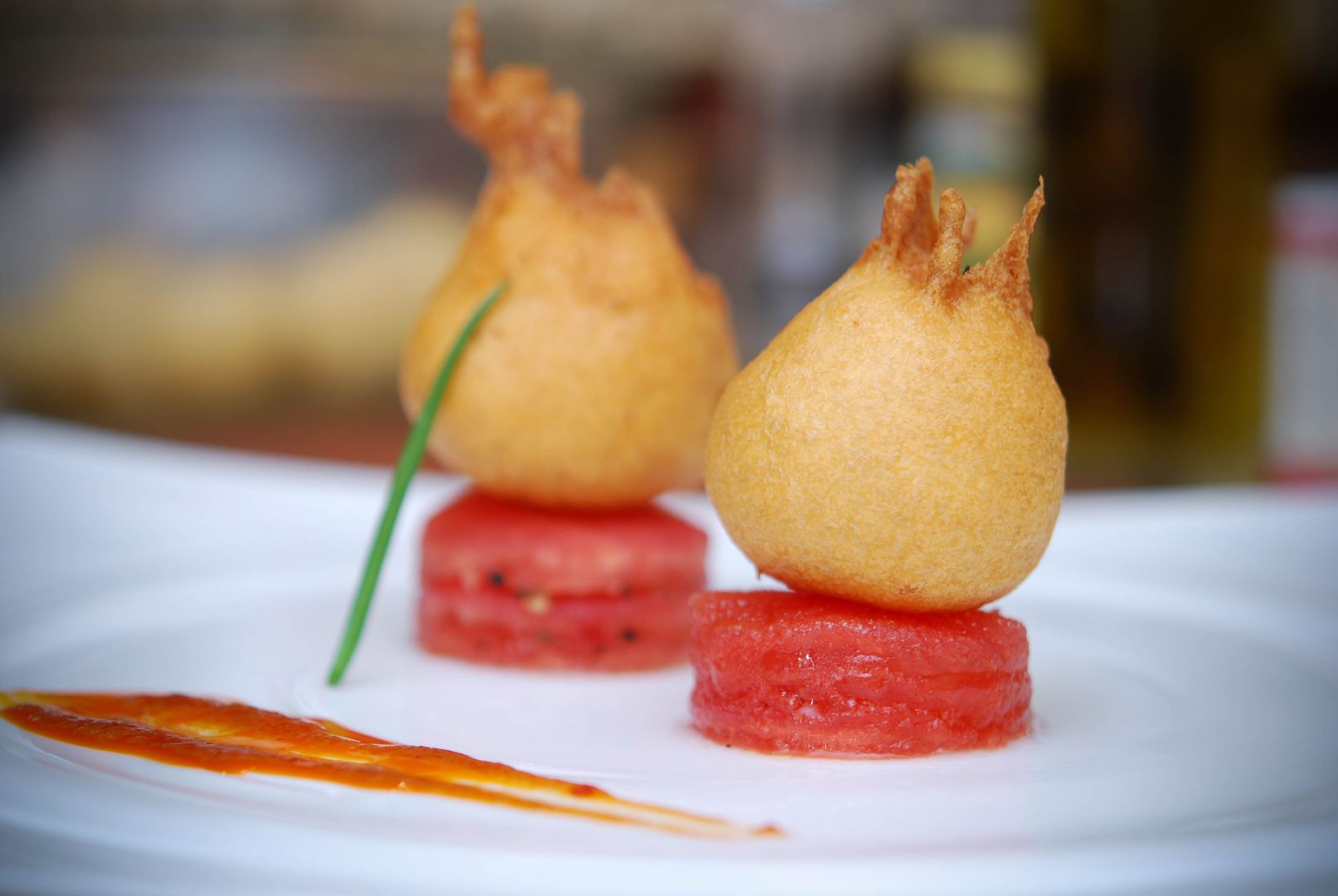I recently read a book by Mark Kurlansky, Cod, a biography of the fish that changed the world. It’s a great read and while I was reading there it was again, the brandade.
Brandade, meaning “something that is pummeled” is believed by some to have originated in Nimes, but is more commonly associated with Provence.
The dish made it to Paris by the French revolution and never left. In 1894, writer Alphonse Daubet started a circle that met at Café Voltaire on Place de l’Odeon for a regular diner de la brandade.
In 1886 salted cod was decreed an official part of the enlisted man’s mess in the French Army. As salted cod became more expensive potatoes were added, the original brandade had none. American Sara Josepha Hale wrote in her 1841 book, The Good Housekeeper, “The salted codfish is cheap food, if potatoes are used freely with it.”
Upon my recommendation, my son Dylan is currently reading Larousse Gastronomique, which has an original version called Acra, also known as Acras De Morue. This would be version one.
Version two would be Thomas Keller’s version which contains potatoes, Beignets de Brandade de Morue.
Box of salted codfish

Version one - Acras De Morue, tomato confit, roasted red pepper garlic oil, baby chives.





